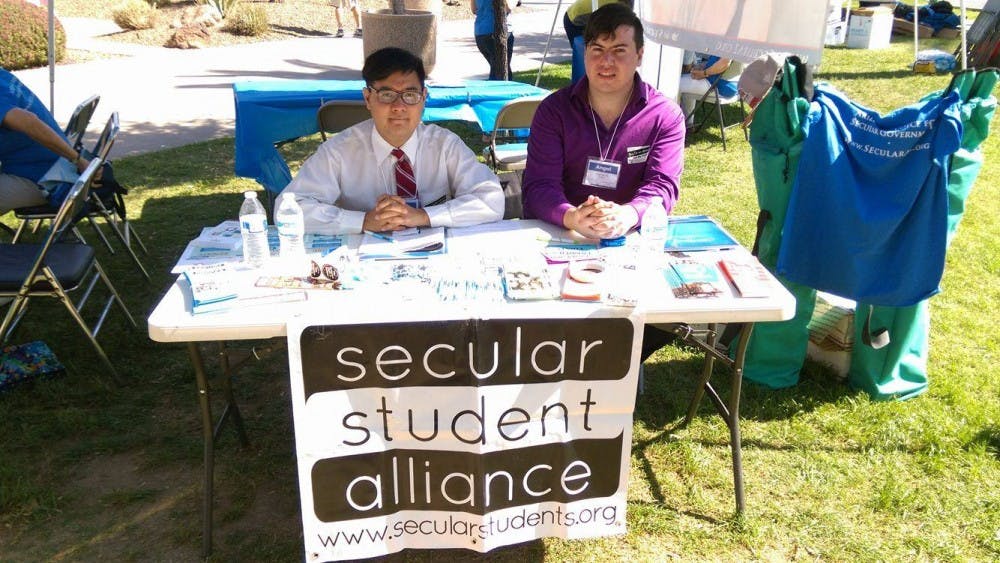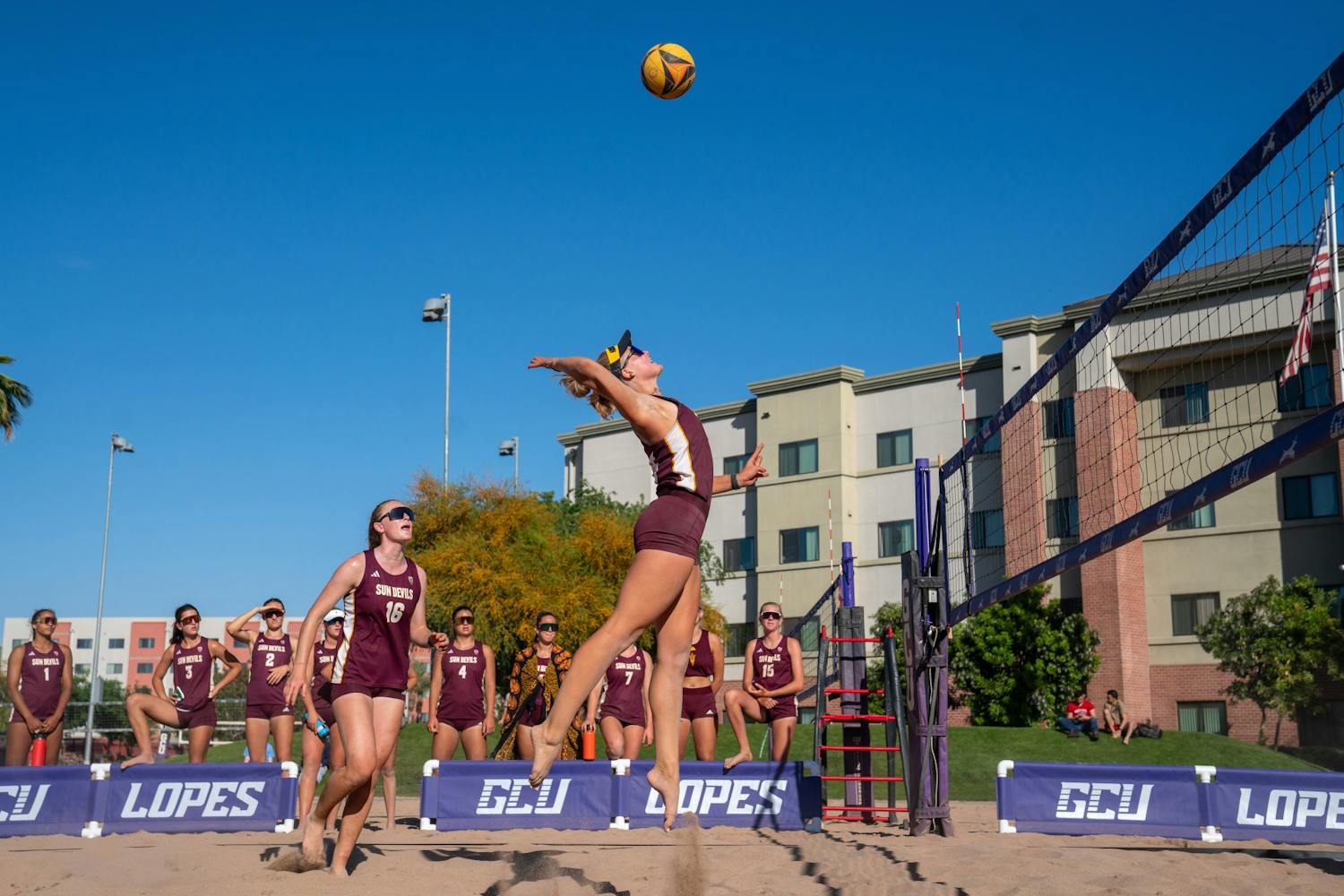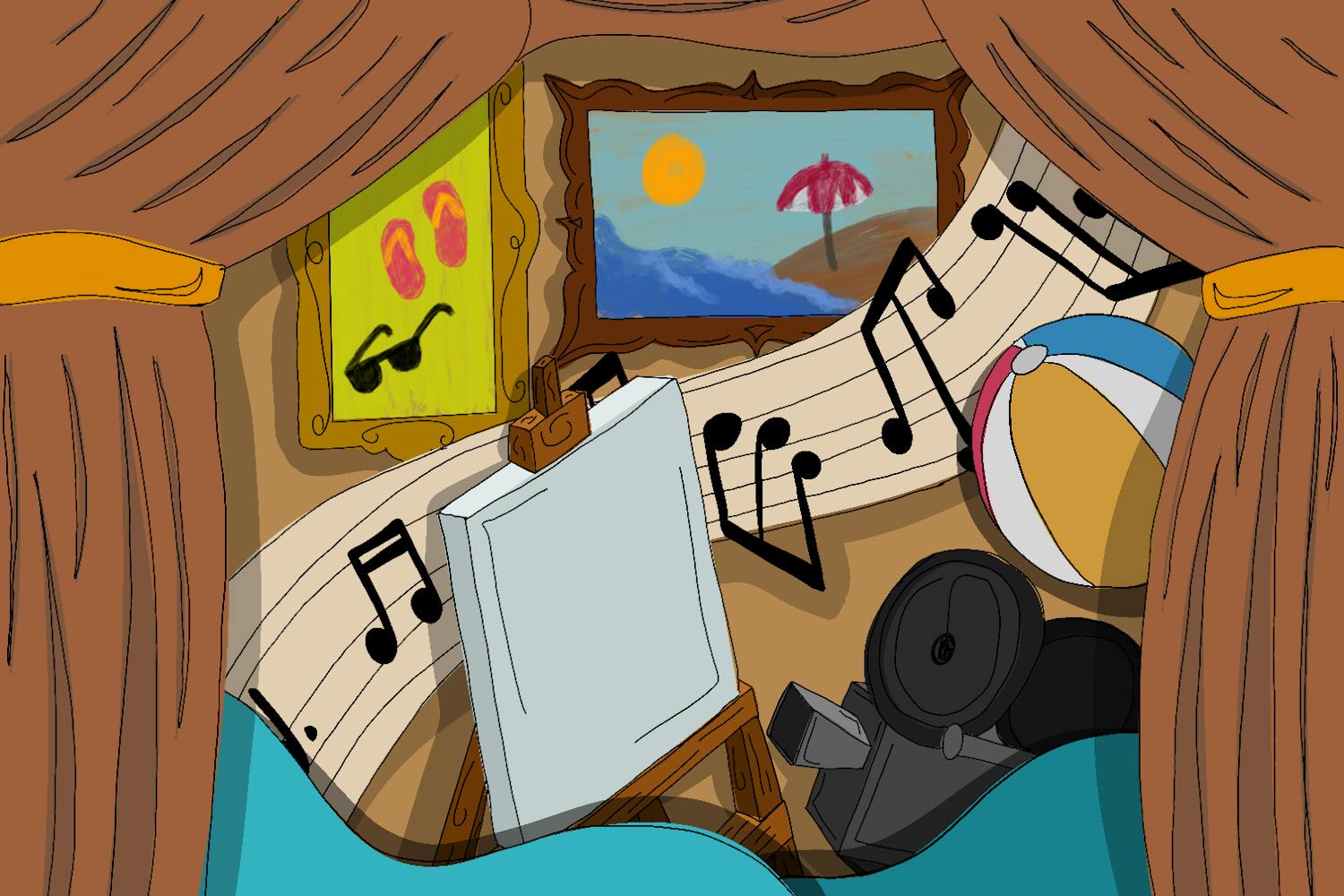Although atheism is a growing identity in America that is relatively popular on college campuses, some feel ASU lacks options when it comes to student-organized atheist groups.
In the ASU OrgSync, the search query "Christian" provided 52 results at the time of publishing. The "religious" category altogether listed 73 groups. "Atheist" turned up only two separate groups. One of those groups is the Secular Student Alliance, a national secular student organization with chapters in most major universities.
Angel Garcia is a senior double majoring in history and economics. He is the president of the Secular Student Alliance at ASU (SSA).
"Secular Student Alliance is a student organization where we seek to gather together students who are either secular or interested in secular issues," Garcia said. "And with the club we'll either have meetings that revolve around different topics that are related to religion, secularism, government, society (and) culture. Sometimes we'll have social nights, and other nights we'll engage in activism."
Garcia said SSA is the only active, recognized club on campus that serves as a meeting place for atheists, even though the club's main mission is to promote secularism. He said that one need not be an atheist in order to be in favor of secularism.
"Secular Student Alliance is the only secular (or) atheist group on campus," he said. "There was another one last year, but unfortunately what happened -— and this can happen to clubs — is that the members: a lot of them were graduating or already done with college and they weren't doing a good job with recruiting new members. And so their club ended up dying out."
There are other factors influencing how many students choose to be active about their atheism, Garcia said.
A stigma against atheism in American society is one such potential factor.
The Pew Research Center conducted a poll that determined Americans are generally unfavorable toward atheists. Using a "thermometer" scale to measure general attitudes toward different religious identities from 0 to 100, Pew found that atheism was one of the coldest. On average, atheism was rated 41 on the scale — second only to Islam, which was rated 40. By comparison, Catholics were rated 62, and Jews were rated 63 (the highest).
Read more: The atheist divide

Psychology senior Tann Cheevasittirungruang is the vice president of SSA. He thinks the novelty of the idea may have something to do with students hesitating to be active.
"I still feel like it's a new idea," he said. "We pretty much just graduate from high school and come to college. We pretty much just hang onto that idea. I mean, we've been taught about that idea since we were children: about religion, about what's right and wrong, about what's promised to us when we die. The idea of atheism and secularism is still pretty new to us really."
With about 70 percent of Americans identifying as Christians, many students come to college from Christian households. Cheevasittirungruang thinks this might contribute to hesitancy among students who are unsure of their beliefs or are newly atheistic to investigate secular ideas.
Curtis Peterson, a sophomore studying physics and mathematics, describes himself as an agnostic atheist. He said he thinks the stigma around not being religious could be somewhat relieved if atheists presented themselves differently.
"I think a lot of atheists put out the attitude of being someone arrogant, or a lot of them put out the idea of being more enlightened," he said. "I think atheists need to put in the effort to try to wean out that sort of stigma. I don't even want to say stigma, but I think: yes, there needs to be more advocacy, but there also needs to be a definite attitude change on the part of atheists."
Peterson also said he wished there was more outreach and advocacy from atheists, but was unsure why so many atheists shy away from activism.
"If we want atheist ideals to propagate through, I think we need to advocate through secularism," he said.
"The problem that we face, at least in the United States, is a degradation of a secular society. We have a lot of (states) that have attempted to teach Bible-ist truth. I'd much prefer to see advocacy against things like that versus ... (explaining) why we're atheists. I think people get the idea pretty well already. What I think a lot of people don't realize is how poisonous a non-secular society is."
Correction: A previous version of this article misstated Angel Garcia's class standing. He is a senior. This article has been updated to reflect the correct information.
Reach the reporter at parkermshea97@gmail.com or follow @laconicshamanic on Twitter.
Like The State Press on Facebook and follow @statepress on Twitter.




